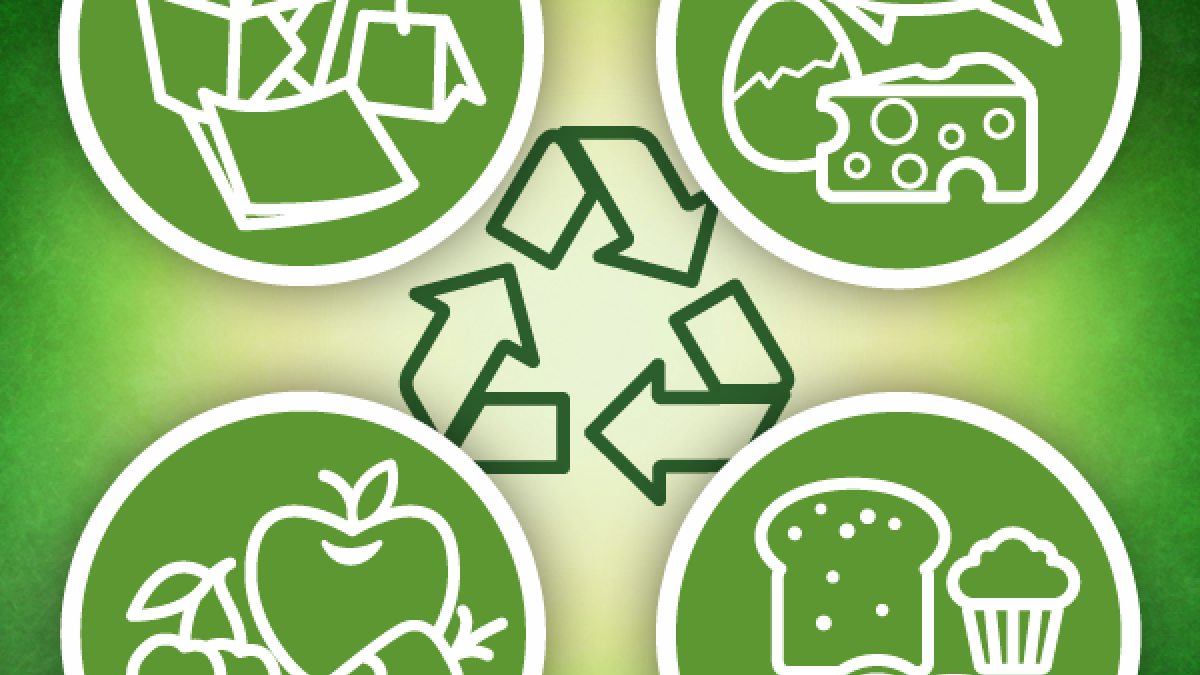ASU adds composting program, joins EPA Food Recovery Challenge

Arizona State University adds a composting program and joins the Environmental Protection Agency’s Food Recovery Challenge. The EPA’s voluntary program kicks off Nov. 15, 2012 in celebration of America Recycles Day. According to the EPA, food is the single largest material sent to landfills and accounts for 25 percent of all waste sent to landfills.
“This year, ASU sent 6,778 tons of waste to the landfill and 25% of that total tonnage was meal scraps,” said Nick Brown, director of university sustainability practices at ASU. “In celebration of the EPA Food Recovery Challenge kick-off, we are introducing ‘back-of-the-house’ composting at two dining halls on the Tempe campus.”
Food-service workers at the Hassayampa and Barrett, The Honors College dining halls are using “Green Bins” to compost the following:
- All food (including dairy and meat products)
- All paper food-service items (including boats, clamshells, napkins and cups)
The food-service workers collect the compostable items at both Tempe campus dining halls, and no action from diners currently is required.
“Composting at both the Barrett and Hassayampa dining halls enable the facilities to essentially become zero waste because all items handled there can either be composted or recycled,” Brown said.
ASU will expand its composting efforts through its Green Bin program beginning in January 2013. Students, faculty and staff will be able to put all food scraps and all paper food-service items in Green Bins placed throughout ASU’s four campuses. The Green Bin program will support ASU’s Zero Waste by 2015 goal, which aims to reduce all waste destined for the landfill by 90%. Learn more about the ASU Green Bin program at: https://cfo.asu.edu/compost.
ASU joins nearly 60 colleges and universities across the country in the Food Recovery Challenge to limit the 34 million tons of food wasted each year by reducing unnecessary consumption, increase charity donations and composting. By participating in the three-year challenge, the academic institutions pledge to reduce food waste by five percent in one year. Read more about the EPA Food Recovery Challenge at: http://www.epa.gov/foodrecoverychallenge.